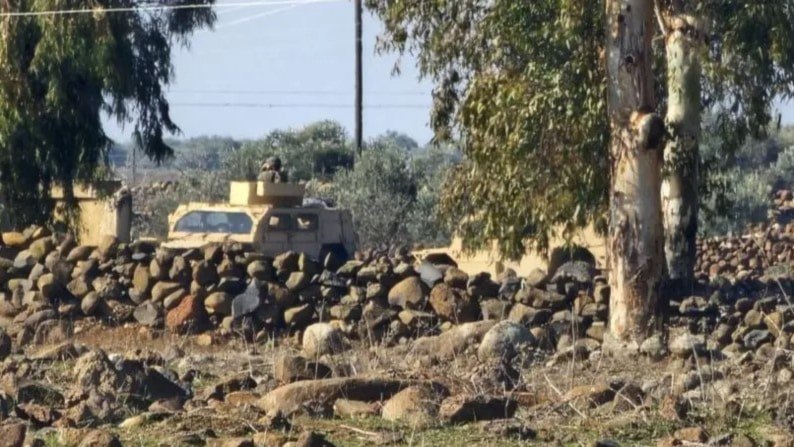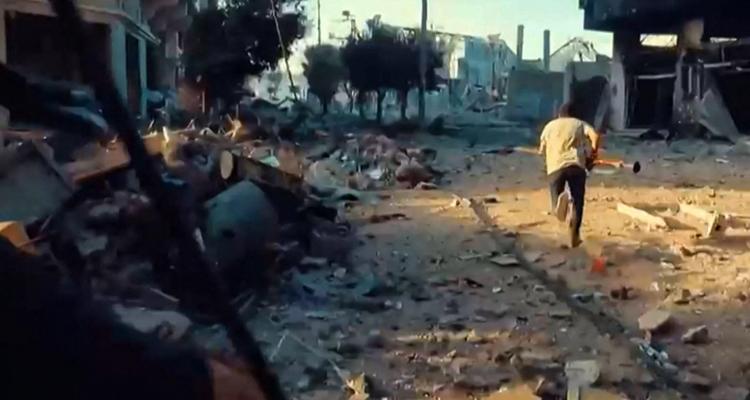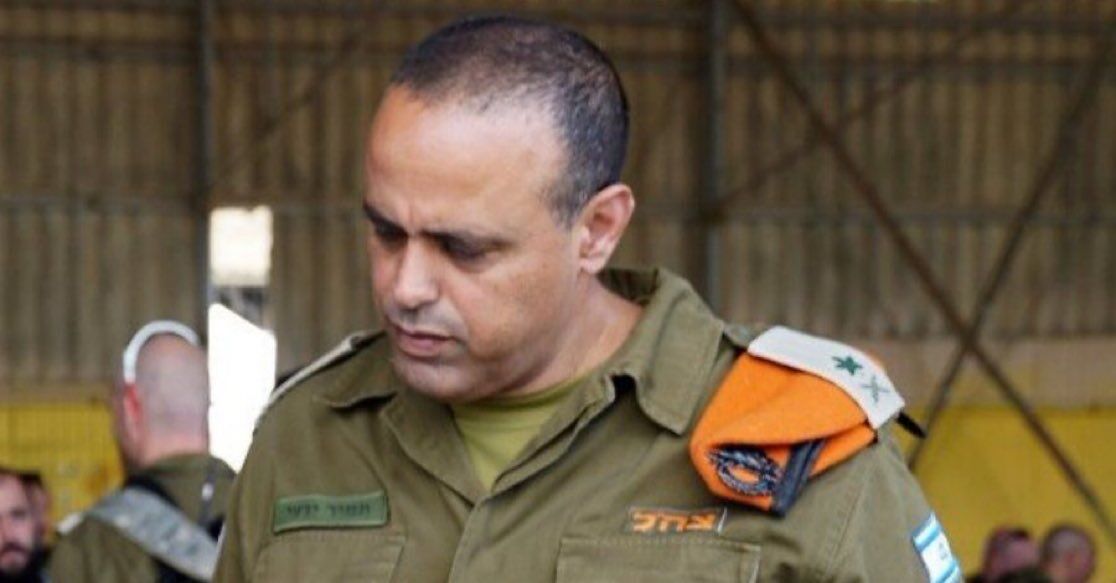Israel is Exporting its “Crises” to Syria – Experts
Syrian political analysts are warning that Israel is seeking to export its internal crises to Syria, following its military failure in the Al-Aqsa Flood battle in Gaza. They add Tel Aviv wants to fuel regional tensions to divert attention from its worsening internal crisis.
Weakening Syria to unite the Israelis
Member of the Syrian National Dialogue Conference Abdul Nasser Hawshan believes the recent Israeli escalation “aims to prevent the establishment of a strong Syrian state and destabilize the region,” adding the Israeli occupation government is trying to unite the Israelis behind it to escape the increasing internal and international pressures it is facing.
Hawshan told Quds Press, the recent National Dialogue Conference held in in country witnessed a national consensus on the unity and independence of Syria, and the rejected partition projects as espoused by the Syrian Democratic Forces (SDF). He described such a project as a “separatist” one that “serves the Israeli agenda.”
He also pointed out that the Israeli incursions into southern Syria came “in response to this popular rejection of foreign plans.”
Druze position and rejection of Israeli intervention
Regarding the Druze community’s position in these developments, Hawshan explained that “some Druze leaders have adopted a discourse in line with the Israeli proposal,” but he stressed they “do not represent the Druze sect in general, which rejects any foreign intervention in Syrian affairs.”
He also denied the possibility of establishing the so-called Daoud Crossing, which links Israel to the areas under the control of the SDF, stressing “this project will not succeed under any circumstances.”
Irksome Turkey-Israel ties over the SDF
Political analyst Adel Hanif Daoud believes Israel is trying to exploit regional tensions to strengthen its position as an effective force, despite its escalating political and military crisis.
But Daoud warned that “any Israeli attempt to link the Druze and the SDF through the Tanf crossing could lead to an inevitable military confrontation with Turkey.” He noted Ankara considers the “Syrian Democratic Forces” a direct threat to its territorial integrity, and may resort to large-scale military intervention even if that leads to an international conflict.
He added the Druze leadership is divided between those who support Israel and those who are loyal to Damascus, but he expected that Druze leader Kamal Jumblatt would intervene to pressure the Druze community to reject the Israeli project.
As for the Turkish position, Daoud indicated that Ankara, as a member of NATO, has many political tools that it can use before resorting to the military option.
Military escalation in southern Syria
These warnings come in light of the escalation of Israeli military violations in southern Syria, as the occupation forces have intensified their airstrikes on sites in the Damascus countryside and Quneitra in recent weeks, targeting military and civilian infrastructure. Unprecedented Israeli military movements were also monitored along the occupied Golan Heights, amid reports of limited ground incursions.
In this context, Israeli Prime Minister Benjamin Netanyahu escalated his rhetoric, stressing that his army would not allow the Syrian army or its allied forces to enter southern Syria, stressing Tel Aviv would not back down from its control of Mount Hermon, considering it a “strategic part of Israel’s national security.”
Damascus rejects Israeli aggression
For his part, Syrian President Ahmed al-Sharaa stressed his categorical rejection of these attacks, considering them a threat to regional security and a continuation of the policies of aggression against Syria’s sovereignty.
In light of this escalation, Syria continues to defend its sovereignty and rights, while calls are increasing for the international community to act to stop Israeli violations, amid growing complications that threaten the stability of the entire region.









